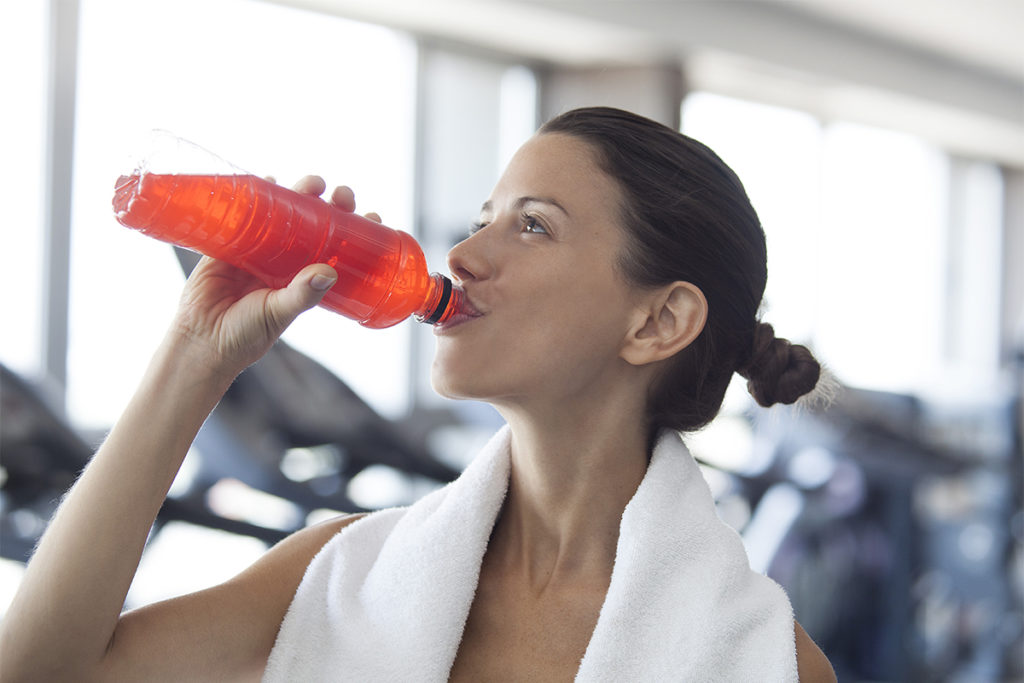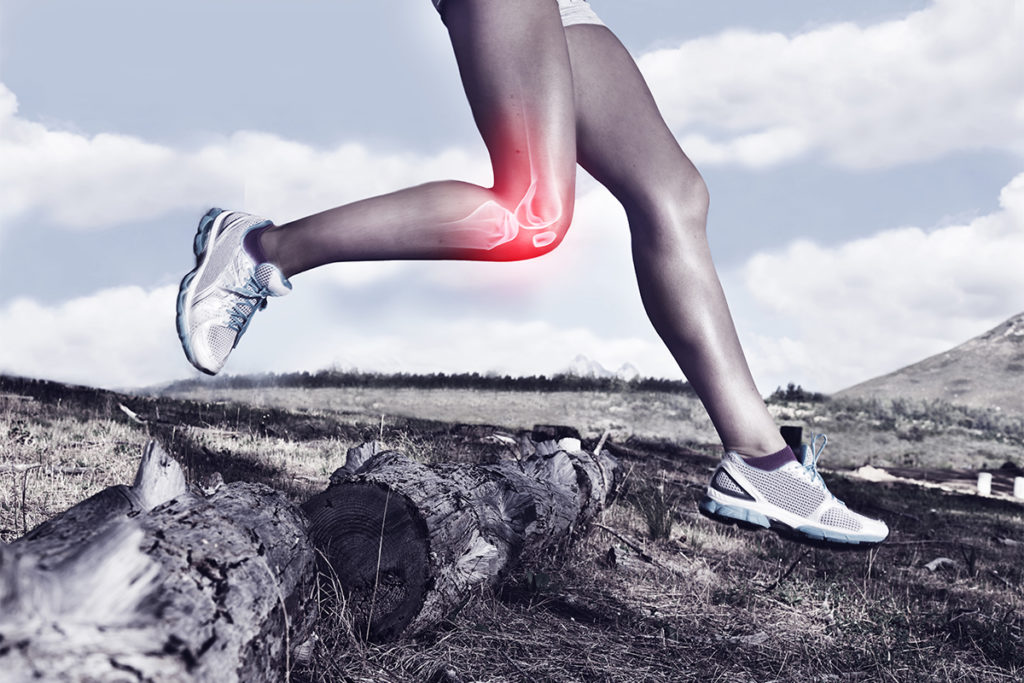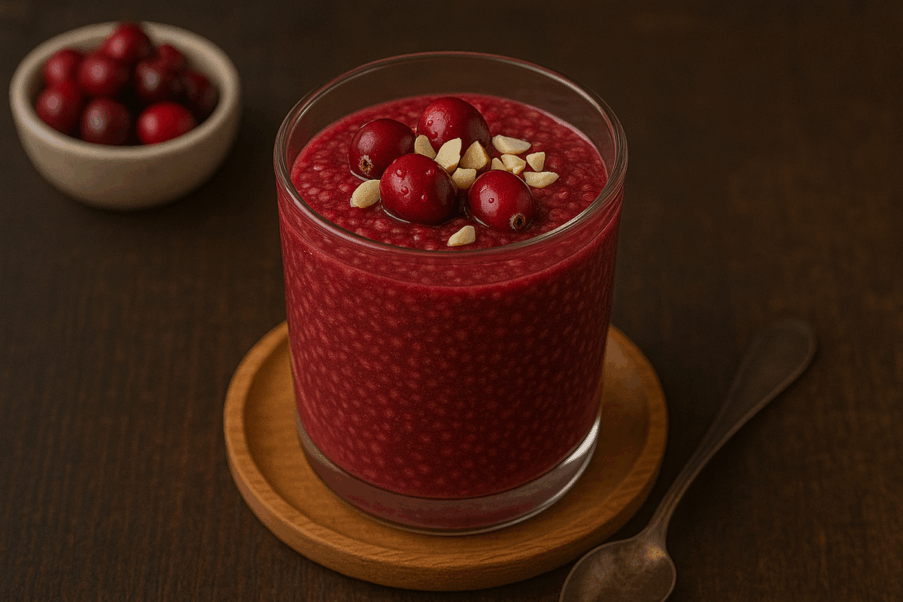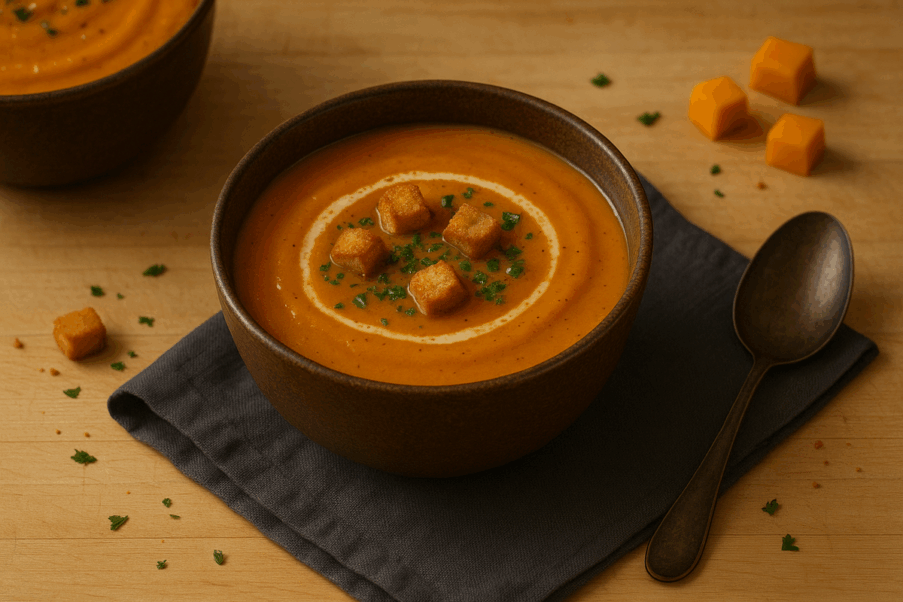Should We Be Fueling Our Intervals?
Research shows you can HIIT it hard without the carbs.

Sports nutrition research over the decades has shown that taking in sources of fast-digesting carbohydrates like sports drinks and gels can boost performance in several endurance sports—including cycling and long-distance running—by delaying fatigue. But less is known about the impact of these carbs on training that consists of short bouts of high-intensity effort, such as HIIT, which has become a darling choice among trainers for eliciting fitness improvements in the shortest time possible.
In a randomized, double-blind, crossover study, investigators from Ireland asked participants to consume a carbohydrate drink 10 minutes before exercise and again prior to the second interval. Others received a no-carb placebo. The 15 male and female participants engaged in a training session that involved 4 x 30-second maximum efforts on an exercise bike with 3 1/2 minutes of light pedaling between intervals.
The study found that the carb drink did not improve power output compared with the placebo. As discussed in Nutrients, certain physiological responses—including blood lactate, heart rate and ratings of perceived exhaustion—were not affected by carbohydrate ingestion. So if you’re gearing up for an interval sufferfest, you can reach for a bottle of water instead of a fancy sports drink.
See also: Performance Through Nutrient Timing
Matthew Kadey, MS, RD
Matthew Kadey, MS, RD, is a James Beard Award–winning food journalist, dietitian and author of the cookbook Rocket Fuel: Power-Packed Food for Sport + Adventure (VeloPress 2016). He has written for dozens of magazines, including Runner’s World, Men’s Health, Shape, Men’s Fitness and Muscle and Fitness.





